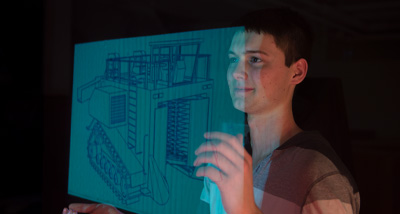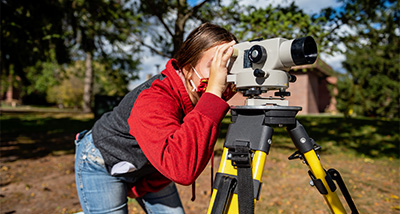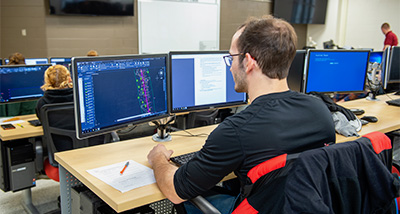
Why Study Physics?
Major/Minor | Science/Engineering | CAS
Physics seeks to discover how the universe works. The UW-River Falls physics program ranks in the top 10% of undergraduate physics-producing schools in the country and will provide you with a lifetime of transferable skills. With multiple option areas including dual degree, physics education and pre-engineering programs, you’ll have access to personalized hands-on learning, extensive research opportunities, professional development and so much more.
76%
Of Students Completed at Least One High-Impact Practice Before Graduation
700+
Students in Honors Programs
16
Fortune 500 Companies Close to Campus
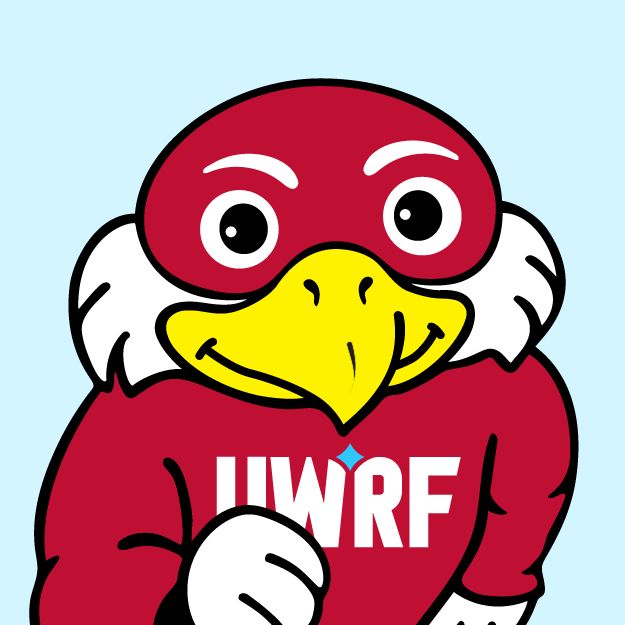
Physics
physics@uwrf.edu // 715-425-3777
Your Degree:
Undergraduate
Area of Study:
Science/Engineering

Skills and Learning Outcomes
- Understand and apply physics principles to solve problems, maintain a lab journal and assess and use data.
- Gain experience with instrumentation and develop proficiency in collecting and interpreting data.
- Develop and apply simulation techniques and experimental design principles.
- Practice collaboration, oral presentation, scientific writing and laboratory safety skills.
- Develop problem-solving and critical thinking skills.
Types of Courses
- Astrophysics
- Calculus-Based Physics
- Dynamics
- Electronics: Circuits and Devices
- Modern Physics
- Nuclear and Particle Physics
- Optics
- Quantum Mechanics
- Scientific Programming
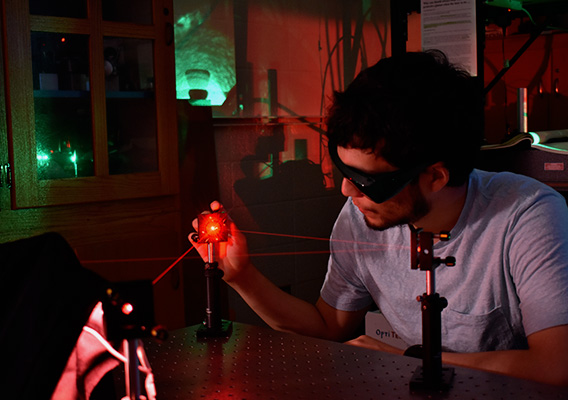
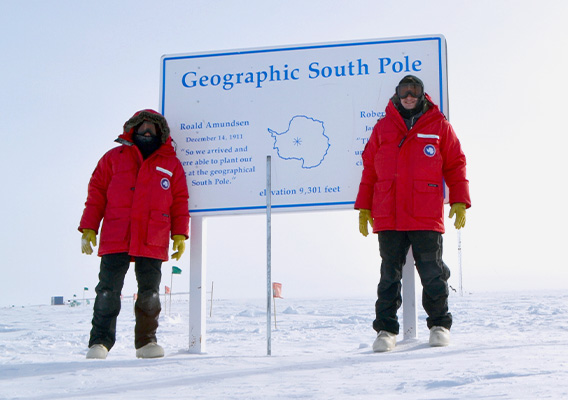
Potential Careers
Physics majors can take many paths when selecting a career. A wide variety of specialty areas gives graduates lots of options in the workforce. Some examples of future careers include:
- Design or Project Engineer
- Electrical Engineer
- General Engineer
- Mechanical Engineer
- Process Engineer
- Physics Teacher
- Research Physicist or Assistant
- Software Engineer
- Systems Engineer or Analyst
Get More Information
Interested in learning more about UWRF or any of our 70+ areas of study? Just share your contact information and we'll be in touch!

